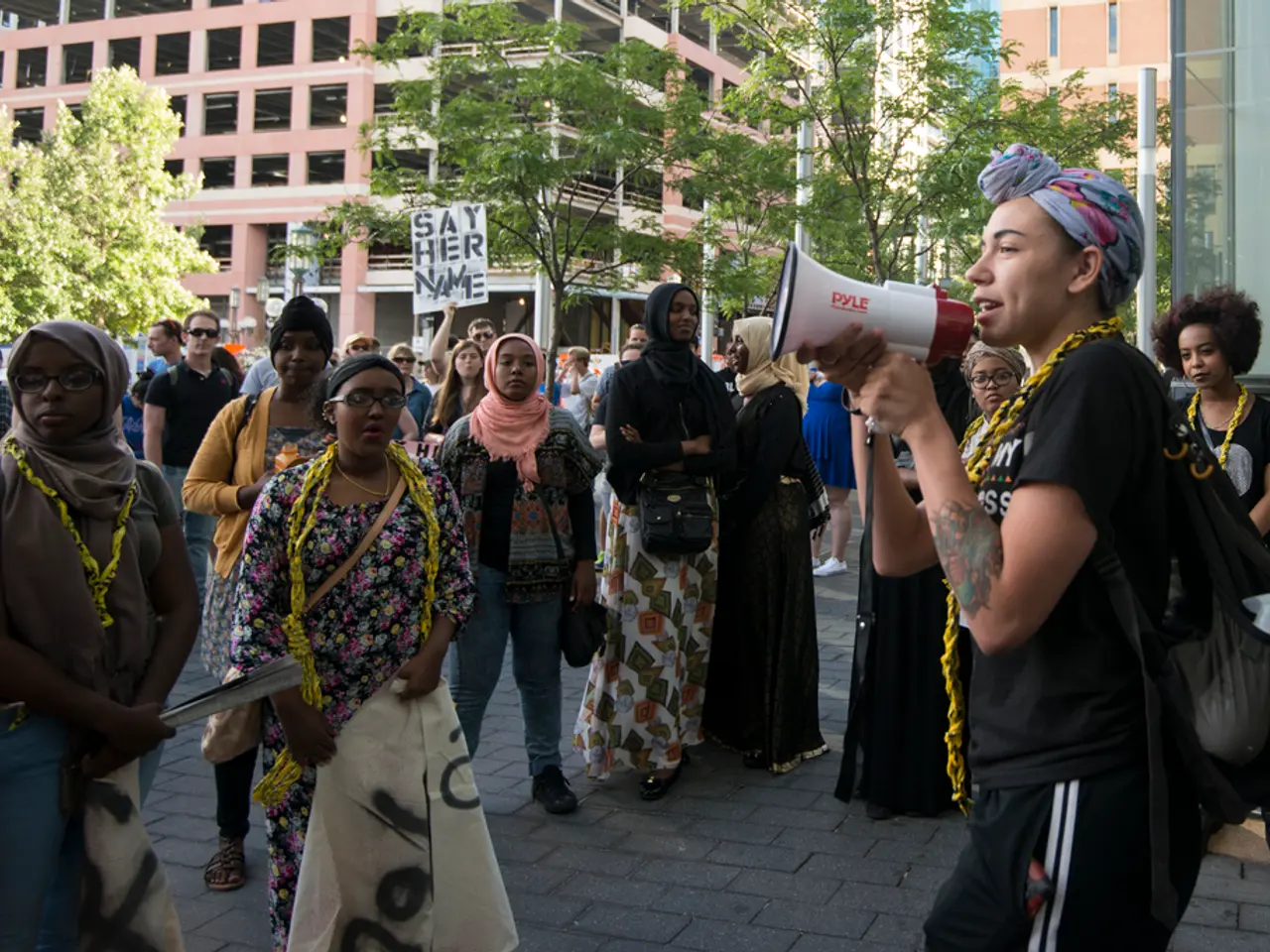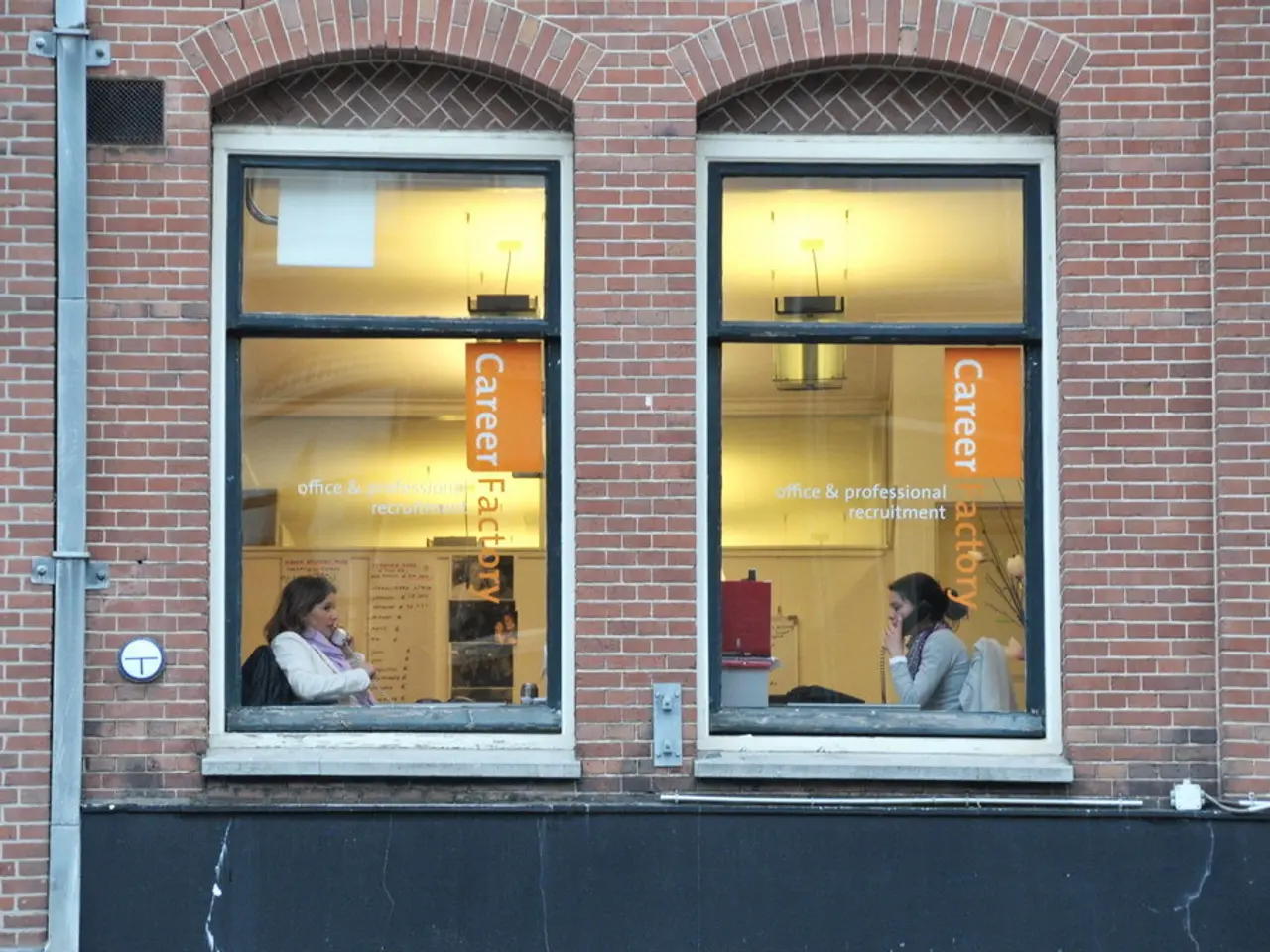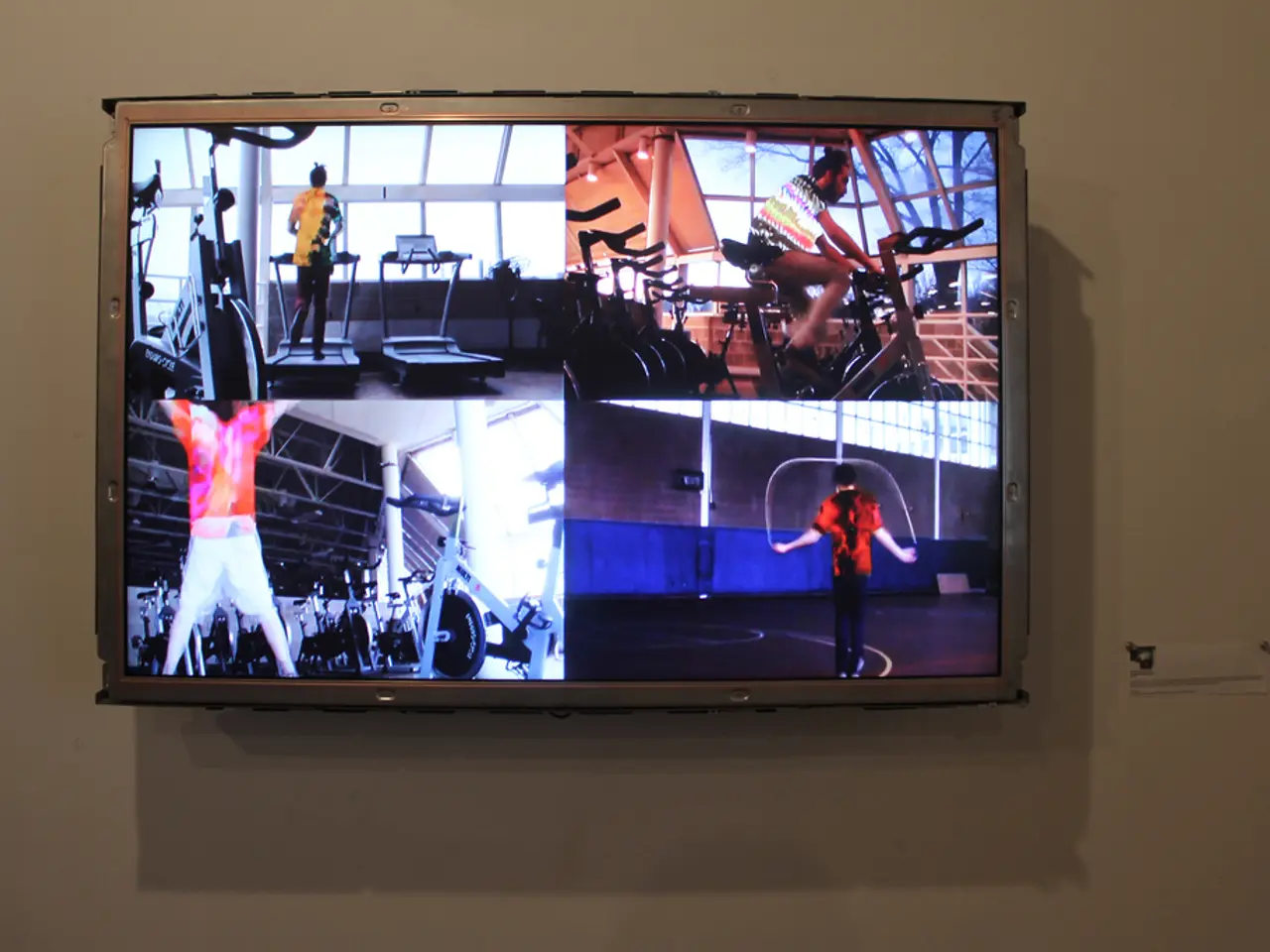Federal agencies and DMV hospitals collaborate for a national security exercise, simulating healthcare crisis scenarios.
In a significant move to safeguard the nation against highly contagious diseases, the United States Department of Health and Human Services (HHS) has implemented a unique strategy. At the heart of this strategy lies the Portable Biocontainment Unit (PBCU), a state-of-the-art mobile isolation system designed to safely transport patients with high-consequence infectious diseases (HCIDs), such as Ebola, while providing critical care during transport.
The PBCU, the first of its kind domestically, is a versatile unit adaptable for use on C-130 and L-100 cargo aircraft, as well as a dedicated trailer for ground transportation or stationary use. It maintains biocontainment through regulated airflow, HEPA filtration between compartments, and pressure differentials to prevent contamination. In emergency situations, the unit can even maintain containment during rapid decompression or emergency landings.
The PBCU can hold up to 10 patients for high-consequence infectious diseases and is equipped to perform surgery if necessary. Medical staff can provide critical care during transport, ensuring patient safety and protection of healthcare workers and the public.
HHS's Administration for Strategic Preparedness and Response (ASPR) coordinates exercises such as the "Tranquil Passport" to test the PBCU's capabilities and the healthcare system's readiness. These exercises involve more than 50 partner organizations, simulating multiple complex patient movements to evaluate safe and secure transport of infectious patients from international locations to specialized U.S. hospitals.
The preparation for such scenarios involves close collaboration among federal agencies, hospitals, first responders, and transportation entities. Medical first responders use personal protective equipment to safely transfer patients from the PBCU to ambulances during drills.
The PBCU strengthens national security by enabling rapid, safe transport and treatment of patients with highly infectious diseases, preventing spread during transit and ensuring specialized care. It enhances the country’s ability to respond to outbreaks, pandemics, and bioterrorism threats with advanced biocontainment technology and coordinated response systems.
In a recent exercise, HHS conducted its largest patient exercise in history, simulating a scenario where 8 symptomatic U.S. citizens in Toronto, Canada, were laboratory-confirmed positive cases of a disease like hemorrhagic fever. MedStar Washington, Children's National, and Johns Hopkins special pathogen centers prepared for the plane's arrival at Dulles International Airport.
Dr. Kappler and other medical professionals flew to Canada to help care for simulated patients mid-flight during the exercise. Medical first responders donned head-to-toe protection and carefully took each patient out of the portable biocontainment unit, put them in the ambulances, and took them to area hospitals where the drill continued.
The portable biocontainment unit, the only one of its kind in the world, is equipped for surgery and appears relatively unremarkable from the outside. Ambulances waited in a remote part of the airport to not disturb commercial flights during the exercise.
The PBCU, a new tool for such cases, can transport up to 10 patients with high-consequence infectious diseases. Its versatility and advanced biocontainment technology make it an invaluable asset in the fight against highly contagious diseases, strengthening the nation's ability to respond effectively to national security situations.
The Portable Biocontainment Unit (PBCU), a new tool in the fight against highly contagious diseases, is not only adaptable for use during air and ground transportation but also capable of performing surgery if necessary. This advanced mobile isolation system, equipped to transport up to 10 patients with high-consequence infectious diseases, plays a significant role in medical-conditions management, contributing to health-and-wellness initiatives and national security.




